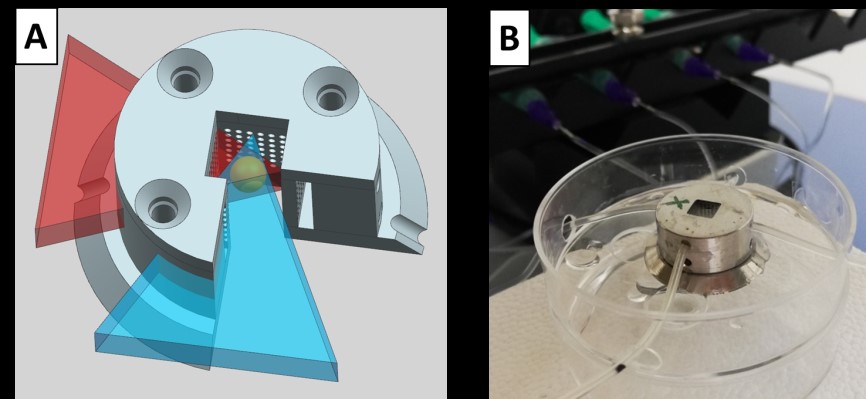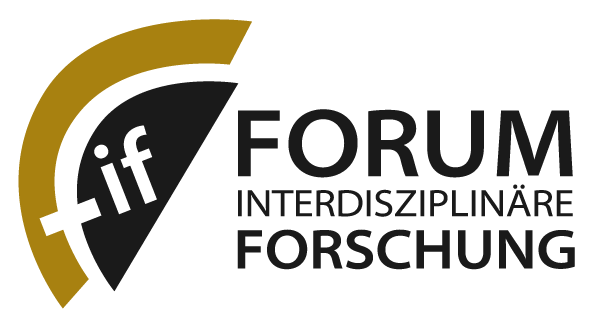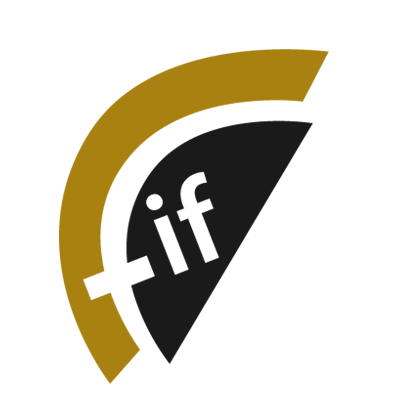3-dimensional stem cell cultures
3-dimensional stem cell cultures

Duration: 5.2017 – 8.2021
---
Project team:
Prof. Ulrike Nuber | Dr. Karin Töpfer | Dr. Nils Offen |
Jana Frei | Sandra Bonk | Jutta Smidek-Huhn
FB 10, Stammzell- und Entwicklungsbiologie
Prof. Steffen Hardt | Dr. Shantimoy Kar
FB 16, Nano- und Mikrofluidik
Prof. Heinz Koeppl | Walter Albrecht
FB 18, Bioinspired Communication Systems
---
Project description:
Organoids, organ-like three-dimensional cell clusters of mm-cm diameter, generated from human stem cells in the laboratory, are considered promising novel models for biomedical research and for drug testing outside the human body. Moreover, the application of organoids represents a potential alternative to animal experimentation. In contrast to conventional two-dimensional cell cultures, organoids have the potential to develop a physiologically relevant spatial and cellular architecture similar to human tissues/organs. A correct spatial organization of organoids, i.e. arrangement of different cell types along the main organ axes (anterior-posterior/dorsal-ventral) is highly relevant for the reproduction of most organs/tissues, since diverse regions execute distinct functions. With current organoid culture systems, this complexity is not achieved, since the spatial arrangement of cells is random and inadequate.
In this interdisciplinary project, expertise and infrastructure in the fields of stem cell biology, mechanical engineering and electrical engineering are combined to generate and evaluate a novel fluidic system that allows a controlled three-dimensional development of defined brain areas from human induced pluripotent stem cells. This is achieved by morphogen gradients that are established by means of this novel fluidic system and that act on a developing organoid in a spatially defined manner.
LOEWE research cluster
State of Hessen founds new LOEWE research focus at TU Darmstadt.


